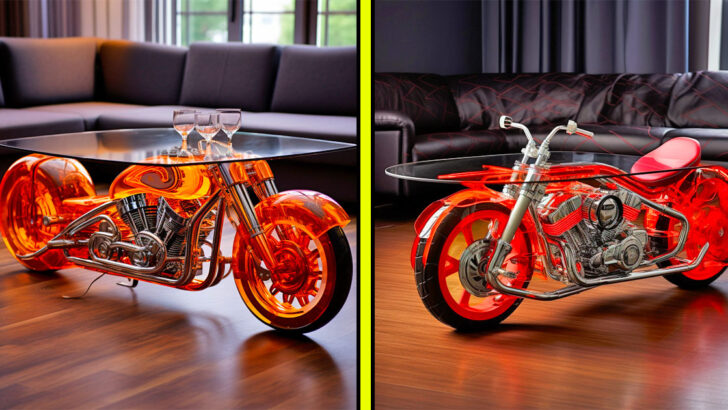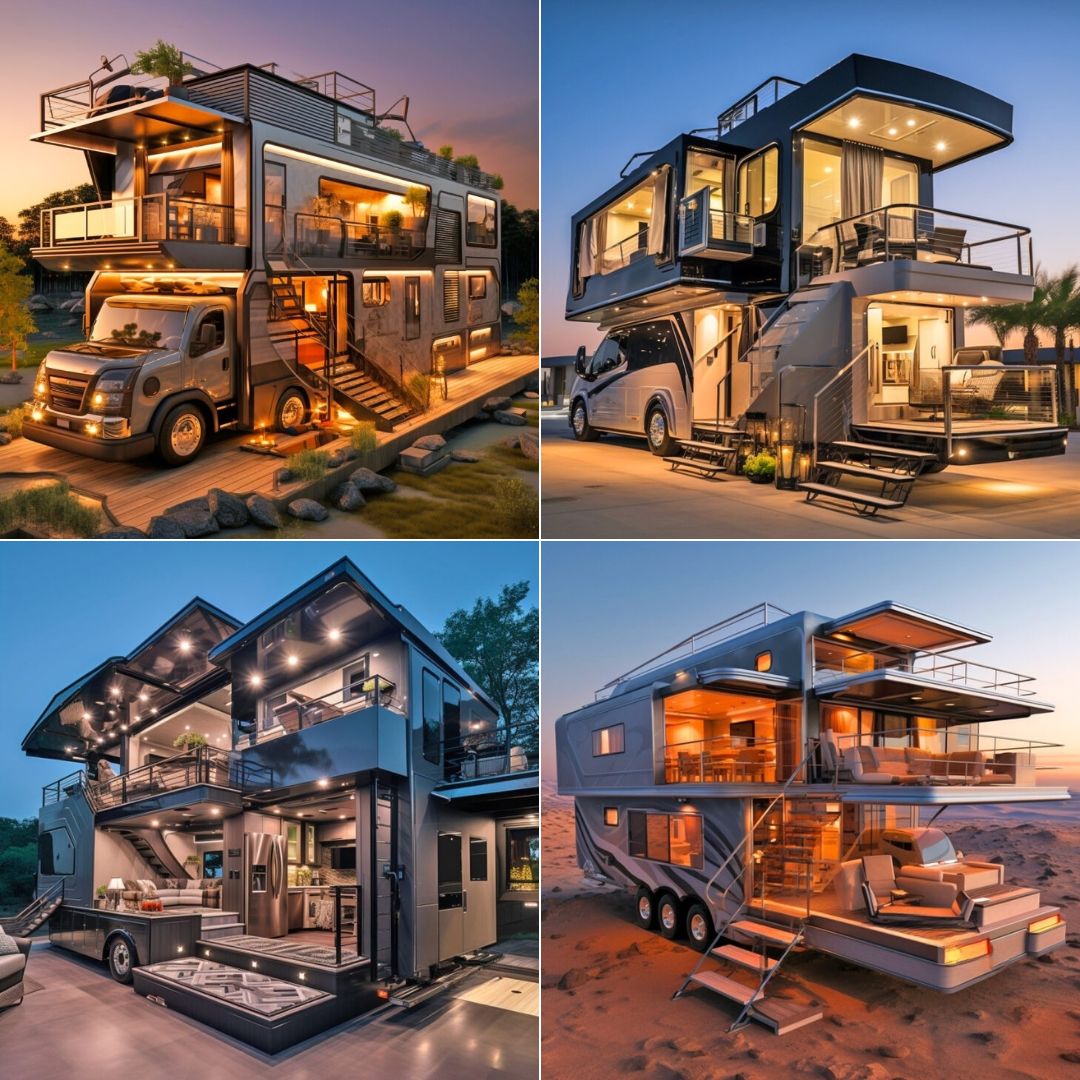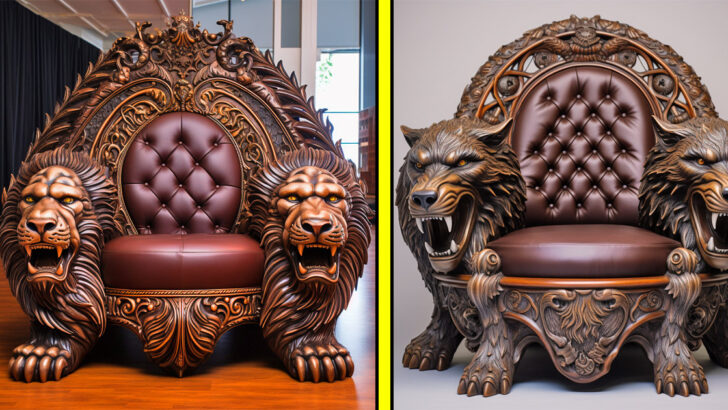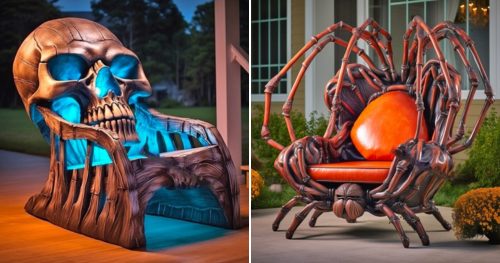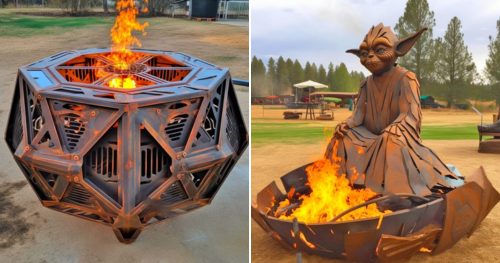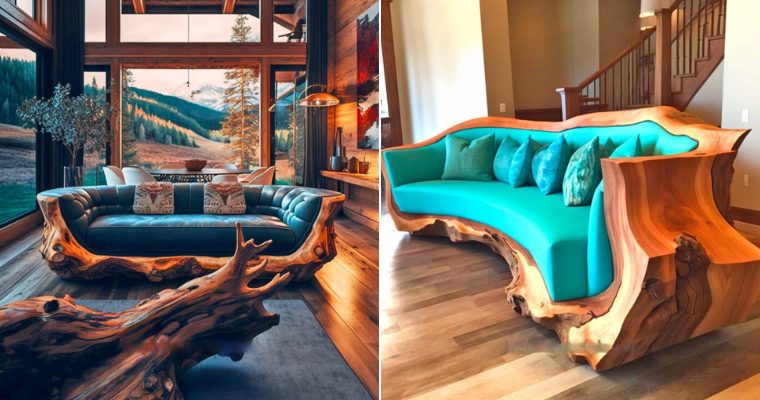This is an edited, translated version of an article that originally appeared on June 14, 2022.
Lisa Tranter and Matt Hobbs wanted to have more independence and live in a more sustainable way.
This inspired them to build a tiny house in the spectacular scenery of the Blue Mountains, west of Sydney, Australia.
The house is in the Blue Mountains in Australia.
The 237-square-foot house has striking black exterior walls, a large terrace with an awning, a full kitchen, and living space on two floors. The house is 8 feet wide, 29.5 feet long, and 15 feet high.
A view from above.
Tranter said she’d been a fan of tiny houses for years. “I’ve been fascinated by them for a long time, following different pages on social media and watching US reality-TV shows about tiny houses,” she told Insider.
Tranter said Hobbs had originally wanted to build a house out of shipping containers and had been looking for a piece of land for a while. She added that he found the plot shortly after they met.
A view from the doorway.
“But then I convinced him to build a tiny house instead of the container house,” she said.
The couple designed and built a lot of the house themselves, she continued.
The bedroom.
“We built the frame and the interior,” Tranter said, “but an electrician did the wiring, which would have been too complicated.”
She added that Hobbs, who owns a company that renovates bathrooms and kitchens, designed and installed their bathroom.
The bathroom.
Tranter said their electricity bill in the Australian summer was the equivalent of about $230 per quarter, even though they often had the air conditioning on.
They also spent the equivalent of about $97 per quarter on water, she added.
The kitchen.
“Our running costs are very low,” she said, adding that this is partly because of insulation and the energy- and water-saving appliances they use.
“We save a lot because we don’t buy unnecessary things. We keep our possessions small and question everything before we buy it,” Tranter continued.
But that’s also the biggest challenge, she said, as “the idea of downsizing is great in theory but hard to put into practice.”
A living area at the top of the house.
Tranter said banks and local authorities also often make it difficult for people interested in building tiny houses. “Unlike big houses, banks often won’t give you a loan for a tiny house; you have to have the money at hand,” she said.
The couple said that while they could see themselves spending their lives in the tiny house, there were still some things they found hard.
“Matt and I often get in each other’s way when cooking,” Tranter said. “And we have to clean up more often because otherwise the tiny house seems even smaller.”
A view from above.
She said she’d also love to get some noise-canceling headphones, as the rooms in the tiny house are open and you can’t just close a door if the other person is being loud.
The living room.
The couple spent a total of 90,000 Australian dollars, or about $62,000, on their tiny house. “If we hadn’t done a lot ourselves and had help from friends and family, we’d probably have ended up spending 130,000 Australian dollars,” or about $90,000, Tranter said.
Tranter said she doesn’t think tiny houses are just a fleeting trend. “If the cost-of-living continues to rise like this, then the minimalist lifestyle is the best option people have,” she said.


